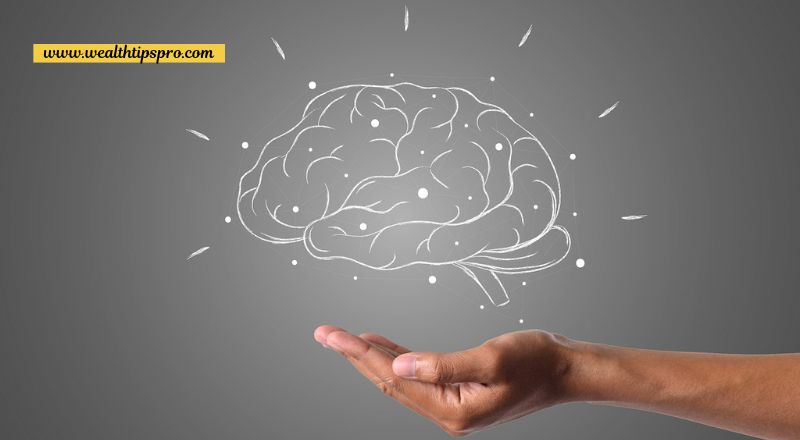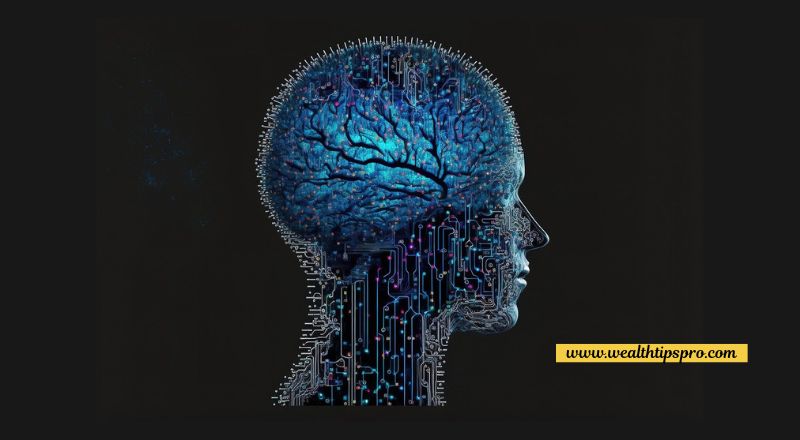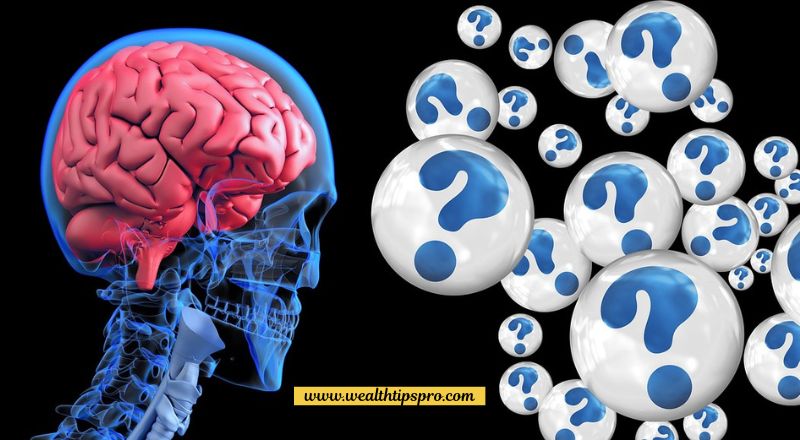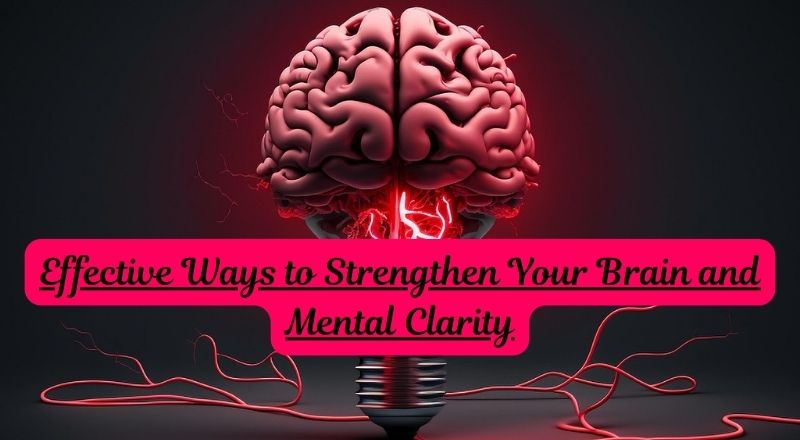If you could increase your brain power, then theoretically you could accomplish almost anything. While having a healthy and strong body is highly important as well, most of us would probably agree that our activities are more reliant on our thinking abilities rather than our physical ones. Many people have computer-based jobs for instance, and this means that we need to use our brains to handle data, to manipulate software, or to come up with business strategies. Much of our success comes down to our ability to interact with others, which ofcourse is very much dependent on our intelligence and our brain power. (Effective Ways to Strengthen Your Brain and Mental Clarity)
The Power of Working FAST :

Before we move on, I want to address just one more topic: the power of working FAST. If you have greater concentration and if you can think more quickly, then you can work faster. This is something I’ve been training for from a young age and it’s something that I genuinely believe helped me to perform very
well indeed throughout college and into my career as an adult.
In college, the ability to work fast is what allowed me to effectively complete more work than all my colleagues and that way to get better grades without really trying. I’d routinely leave my work until the last minute and then complete an essay of acceptable quality, thereby giving myself much more free time. In exams, I’d write twice as much as most people and when coupled with a realization of what examiners were looking for (most will mark papers very much by referring to a checklist of things you need to complete) that meant that I could get better grades than perhaps I could have otherwise. (Effective Ways to Strengthen Your Brain and Mental Clarity)
Advantages of Taking Control of Your Brain :

When I left college, I became a copywriter and started taking jobs for other people. I quickly realized that there was a lot of work out there, but only if you were willing to work for $2 or less per 100 words. My solution? Work incredibly quickly. By writing 20,000 words a day, I was on a very good salary right away, I was able to move out of my parents’ house and get a flat with a balcony by the sea.
With training, I learned to write faster and faster. I eventually bought myself enough time to start doing other things in the second half of the day – things like creating an app that went on to become a bestseller and eventually writing a novel. I create a YouTube channel that quickly gained tens of thousands of followers – all because I was able to upload highly produced videos quickly. This is clear evidence of how being able to controlling the power of your brain can lead to better results in real life. This is all stuff that I trained myself to be able to do. And with the help of this book, you’ll be able to do the exact same. (Effective Ways to Strengthen Your Brain and Mental Clarity)
What are Neurotransmitters and How do they Work?

Let’s start out by looking at the neuroscience of intelligence and precisely how you can go about increasing it from a theoretical standpoint. So, welcome to your brain. Here, you have a massive interconnected web of neurons which we collectively refer to as your ‘connectome’. Think of this like the world’s largest mind map, except that it is made from billions of connections. Each of these neurons represents an experience, an action, a memory .
So, for instance, you have your visual cortex (V1) which contains all the neurons responsible for your sight. If you were to open up the back of your skull and stimulate those neurons individually using an electrode (this has actually be tested by the way), then you would see points of light appear in your vision corresponding to the specific neuron! (Effective Ways to Strengthen Your Brain and Mental Clarity)
Also Read : How To Understand Your Life’s Perspective
Theoritical Happenings In Your Body According To Brain Functions :

Likewise, if you were to stimulate neurons in the motor cortex, then this would cause your arm or leg to move, or it might make you feel a sensation on your ear. Other neurons have different jobs. For instance, there are those that have the role of storing memories. These light up when we recall things that happened to us in the past. Others might make us feel happy or sad. Others might represent different aspects of our personality, or our ideas.
The neurons are connected via long branches called axons and dendrites. They don’t actually come into physical contact with one another, but rather they come very close to touching and leave just a very slight gap called the synapse. When one neuron fires, it causes all of the surrounding neurons to become more excited. And when neurons pass a certain excitement ‘threshold’, then they fire too.
Neurons can become excited but they really only have two states: on or off. What’s less binary though, is the signal that they send and receive. And this is where neurotransmitters come in. Neurotransmitters are chemicals that exist in the brain that effectively add color and nuance to the communications happening across our brain. These act like hormones in that they are able to change our mood and change the way we feel about something. The difference is that they have a much shorter lifespan and that they act on the brain specifically.
Also Read : Inspirational Quotes To Keep You Motivated
Summary :
Among other things, neurotransmitters make neurons surrounding them more or less likely to fire and will thereby put the brain in an overall more excited or more inhibited state. At the same time though, they can also increase the likelihood of new connections forming and they can increase the apparent ‘importance’ of certain activity, thereby directing your attention. An example is dopamine. Dopamine is an excitatory neurotransmitter, which means that it makes us more aroused and more awake and it increases the chances of neurons firing.
When dopamine is released in a part of the brain, which causes us to become more focussed on whatever is happening right there because it tells us that thing is important and worthy of our attention. At the same time, dopamine increases our likelihood of remembering that event because it makes connections in the brain more likely to form. Finally, dopamine makes us more likely to remember things that happened and more likely to stay motivated. Dopamine is often described as the ‘reward neurotransmitter’ but it would be more accurate to say that it is released in anticipation of reward.
